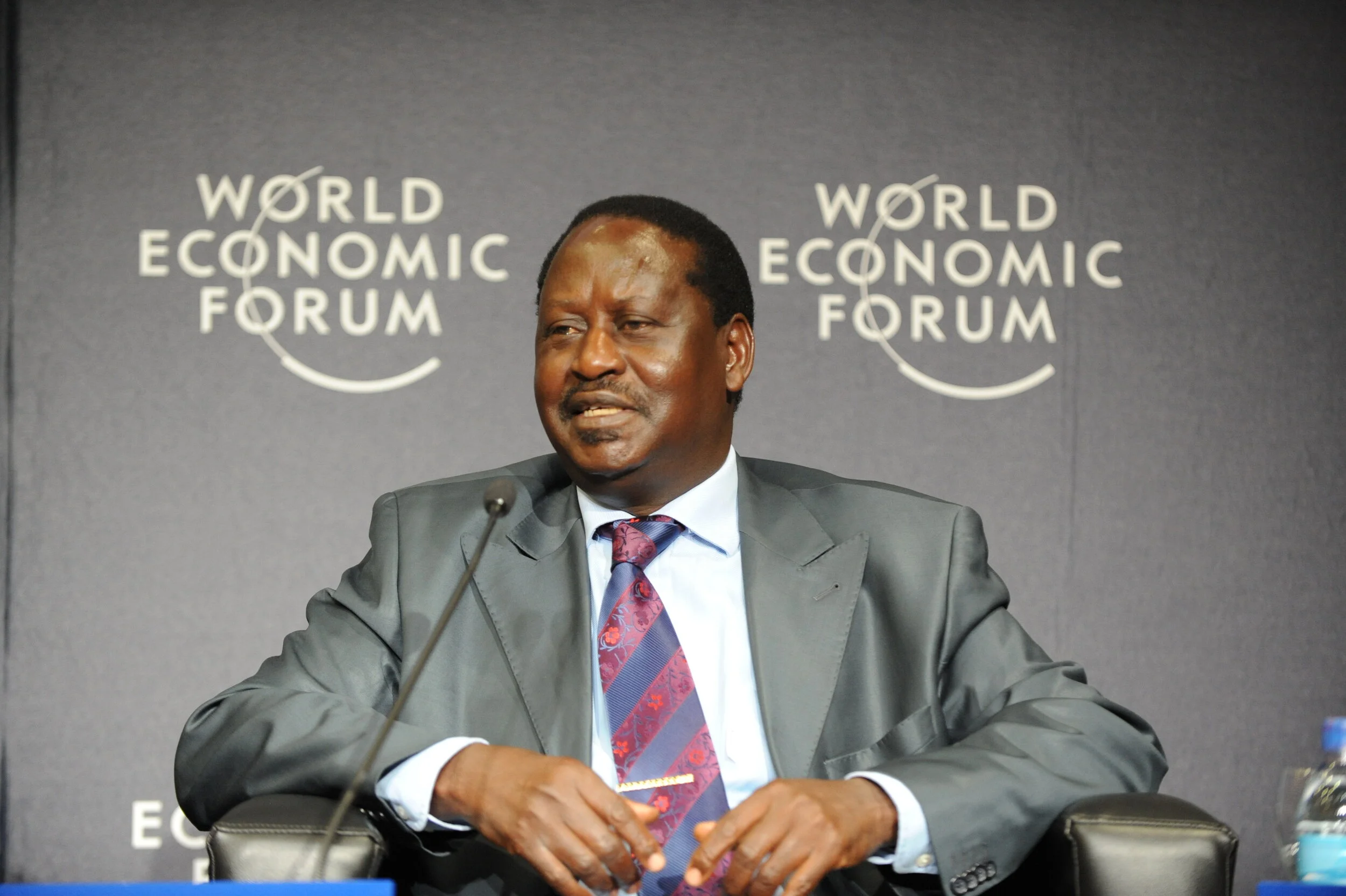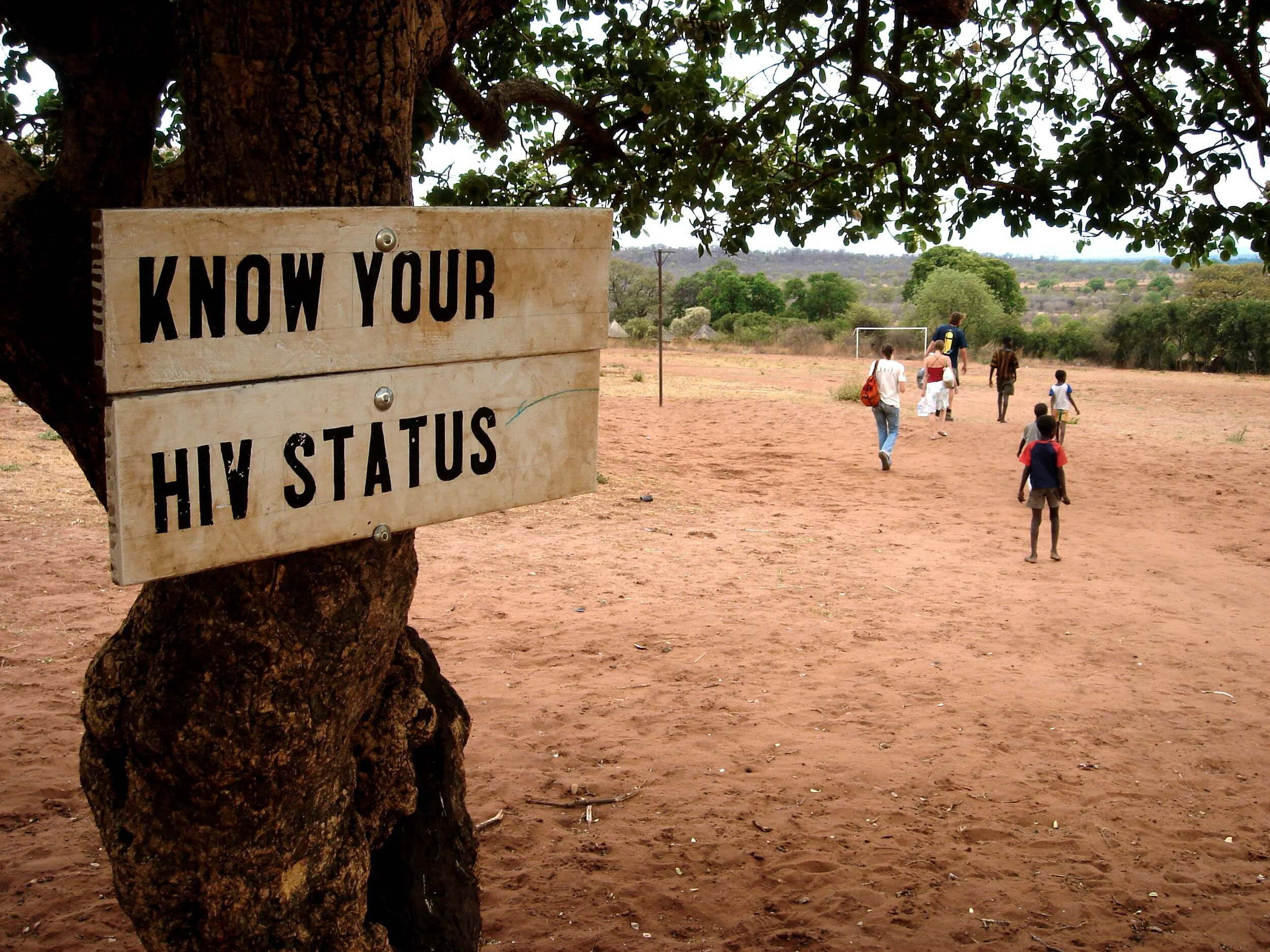Africa
This piece argues that the ICC's impartiality and effectiveness, largely due to its failure to investigate alleged war crimes in Iraq in 2003 and the ongoing status of investigations in Afghanistan, has come into question. The authors challenge the ICC navigate great power dynamics in a more effective manner to preserve its credibility.
Alexandra Huggins explores how Rwanda’s gacaca courts, focusing on restorative justice and reconciliation, helped heal deep societal divides and promote lasting peace after the genocide.
Katha Ray explores the impact of the prolonged conflict in Côte d'Ivoire on youth and stresses the importance of including young people in peacebuilding efforts to address the root causes of violence and promote sustainable peace.
Sarah Stortz argues that the international community has an opportunity to support democracy in Sudan, if it is willing to learn from its past mistakes.
Beyond the violence is a uniquely magnificent place, write Michael Henry, Will Slotznick and Mallika Sobti.
By Ehi Agbashi, Nivana Tesfayohannes, Temiloluwa Adeyemi, and Osasenaga Aghayere
Why was #EndSARS a powerful moment in Nigerian history? And what comes next?
By Hyppolite Ntigurirwa
Hyppolite Ntigurirwa, a Yale University 2020 World Fellow, uses ethnographic data to demonstrate how words can contribute to post-genocide reconciliation in Rwanda.
By Shravan Bhat
In Jerusalem, a start-up called Energiya Global is designing solar energy projects in sub-Saharan Africa. Life in the colourful little company is a respite from “the conflict” that looms large over every dinner table conversation, every water-cooler chat, and every falafel line in Israel.
By Alex Defroand, Joshua Jacobs, Nelly Mecklenburg, Will Wright, Rebecca TeKolste, and Johannes Sosada
In our first ever podcast series, we talked with former presidential candidates, directors of major banks, academics, and journalists as we grappled with the implications of this year in politics and international affairs: Donald Trump’s election; Brexit; the ever-worsening humanitarian catastrophe in Syria; the refugee crisis; and the future of liberalism.
By Manuela Graetz, Geo Kalev, and Marjan Kloosterboer
Addis Ababa, Ethiopia is a young city. Founded in 1886 by King Menelik II and Queen Taitu, in its first decades the city grew organically, without any formal planning.
By Stephanie L. Schmidt
Four years after independence, South Sudan is still struggling to establish a new political system. This article lays out a strategy for developing interventions to achieve substantive rule of law goals by analyzing the context, national capacities, and needs and desires of the population.
By Enni Kallio
“A New Generation: Life in Rwanda Twenty Years after the Genocide” by Enni Kallio was the winner of YJIA’s 2015 Photo Essay Contest.
An interview with Ambassador Johnnie Carson, Former Assistant Secretary of State for the Bureau of African Affairs (2009-2013) on the 2015 Nigerian Presidential Elections.
An Interview with Graeme Reid, LGBT Program Director at Human Rights Watch
Yale African Studies MA Candidate Alexander Killen interviews Reid about LGBT rights on the international stage.
An Interview with Albie Sachs, Former Justice of the Constitutional Court of South Africa
Yale Sociology PHD student Denise Lim interviews Sachs on consociationalism, the process of constitution making, the formation of the Constitutional Court, “Sufficient Consensus,” and bringing South Africa together.
By Yale Journal of International Affairs
An Interview with Raila Odinga, Former Prime Minister of Kenya
By Chris Lockyear
As hundreds of thousands of people in South Sudan struggle to survive the brutal conflict there, South Sudan’s labor minister recently dealt a potentially devastating blow: he ordered all international workers to leave the country.
Yale Journal of International Affairs interviews UN Special Adviser Adama Dieng. Dieng served as Registrar for the International Criminal Tribunal for Rwanda as well as the Supreme Court of Senegal and was Secretary-General of the International Commission of Jurists.
By Kari Lipschutz
This paper uses the Nigerian case to illustrate the serious effect this type of institutional crisis can have on the ability to mitigate the negative externalities of resource development.
By Goitom Gebreluel and Kjetil Tronvoll
Considering the unique history of colonialism and artificially created nation-states in Africa, the incidences of secession have been surprisingly few. Through a comparative analysis of Eritrea, Somaliland, and South Sudan, this article aims to account for post-secession variations in fragility, as well as contextualize the challenges South Sudan is currently facing.
By Jeff Roquen
At the end of the Cold War a quarter of a century ago, a little-known army officer – Omar al-Bashir – conducted a coup d’etat in Sudan.
By Eric Reeves
In December, 2012, commentary on the purported “coup attempt” in Khartoum provided little in the way of consensus about how serious the “coup” was, precisely who was truly involved, or how far planning had moved to an actual attempt.
By Cassandra R. Veney and Paul Tiyambe Zeleza
Since the 1990s, Kenya, like most African countries, has undergone a protracted transition to democracy. Studies on the subject tend to focus on specific events, actors, challenges, and roadblocks and offer prognoses that are often soon overtaken by new developments. In many studies ethnicity looms large as an explanation.
By Rachel Bergenfield
“Gay rights are human rights, and human rights are gay rights,” proclaimed former Secretary of State Clinton in 2011.
By Tuesday Reitano
A confluence of events – the successful end of the political transition, the formation of a promising new government headed by a new guard of civil society leaders, and the rollback and significant weakening of the militant terrorist group al Shabaab – offers the best hope for a peace that Somalia has had in decades.
By Evan Fowler
How should the US move forward on engaging North Africa? An op-ed on reinterpretation and reinvestment by Evan Fowler.
By Nicoli Nattrass
U.S. commitment to fight- ing AIDS in Africa has traditionally been, and still is, buoyed by bi-partisan support. This support has remained strong post-2007. Even so, the view is widespread that African country governments ought to take greater ownership of combating the problem and reducing aid dependency in managing it.
By John-Michael Arnold
The phenomenon of strategic surprise—a category of unexpected events so consequential that they call into question the premises of existing strategy—has posed a recurring challenge to U.S. foreign policy. Although there is a voluminous literature on the subject, most scholars have focused on surprises unleashed as a deliberate strategy of states in their effort to seize the advantage against adversaries.
By Lucas Bento
Though it seemed that women in countries that played key roles in the Arab Awakening were destined for full emancipation, a number of developments are now undermining prospects for gender equality. But the foundations for change exist, and with the timely implementation of policies and ground-level programs focusing on economic empowerment, education and equality, the rights of women can be significantly improved.


























By Matthew Burnett
2014 was the worst year of the most devastating Ebola outbreak, in one of the three worst affected countries. Nonetheless, it killed fewer people than malaria, maternal and neonatal disorders, and lower respiratory infections, and around the same number as diarrheal diseases. In an environment of constrained funding, it is essential to deliver the best value for money, extracting the most benefit from each dollar spent.